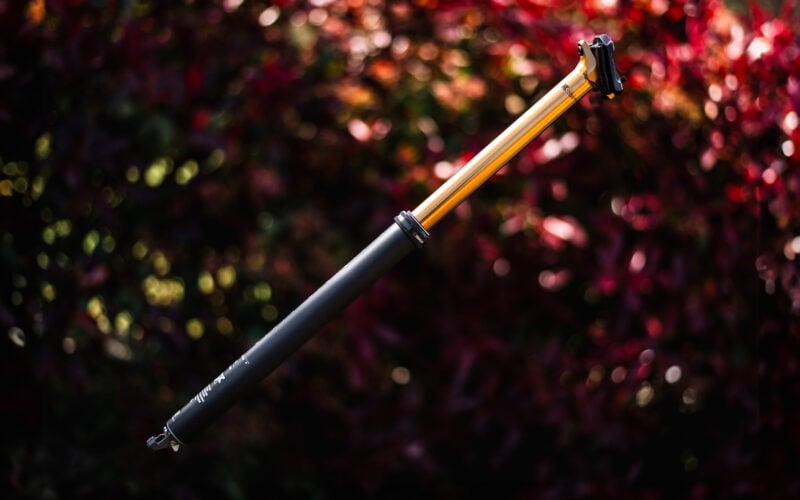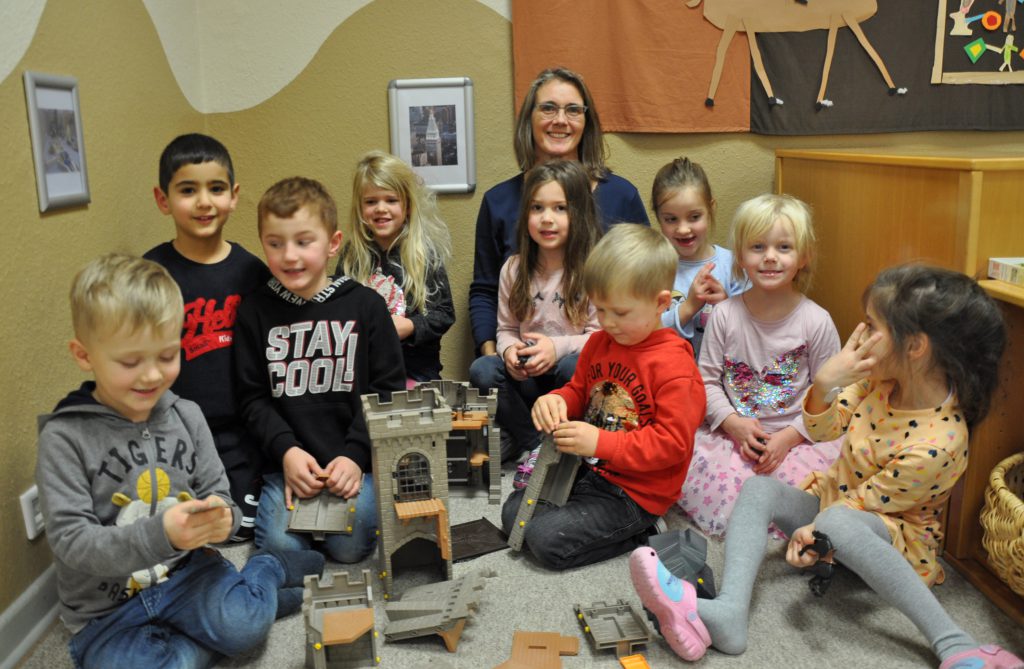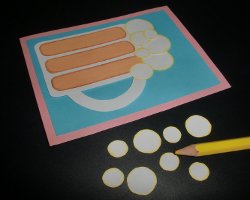Most pre-scientific cultures used poetry to express ideas about the creation of the earth, and many of them are surprisingly similar. From the chants of the Maori Io tradition to Hesiod’s Theogony, poets have propounded theories and told stories of the creation of something from nothing, stories that still inform the work of modern poets like Billy Marshall-Stoneking, who draws on Aboriginal Australian legends for his poem Tjukurrpa (Creation Times).
In the 19th century, advances in geology began to make more fact-based scientific explanations of the genesis of the earth more achievable, and a key landmark was the 1830-31 publication of Charles Lyell’s Principles of Geology: being an attempt to explain the former changes of the earth’s surface by reference to causes now in operation. Lyell’s driving principle was that “the present is the key to the past”, and this clearly struck a chord with Kenneth Rexroth, who links geology, the formation of the earth, and present human love in his poem Lyell’s Hypothesis Again.
If anything, Hugh MacDiarmid’s magisterial On A Raised Beach makes this link even more explicit right from the opening lines ‘All is lithogenesis – or lochia,/ Carpolite fruit of the forbidden tree’. The birth of stones and childbirth are balanced one against the other as the source of ‘all’, and the forbidden tree whose fossil fruit they are recalls one of the most famous genesis tales of all.
Most people will know the story of Eve from the outside, as it were, but in Paradise Lost Milton has her describe her creation from her perspective, starting with her awakening to wonder ‘where/ And what I was, whence thither brought, and how.’ It’s a typically daring conceit, giving a new twist to a familiar narrative. / Guardian















